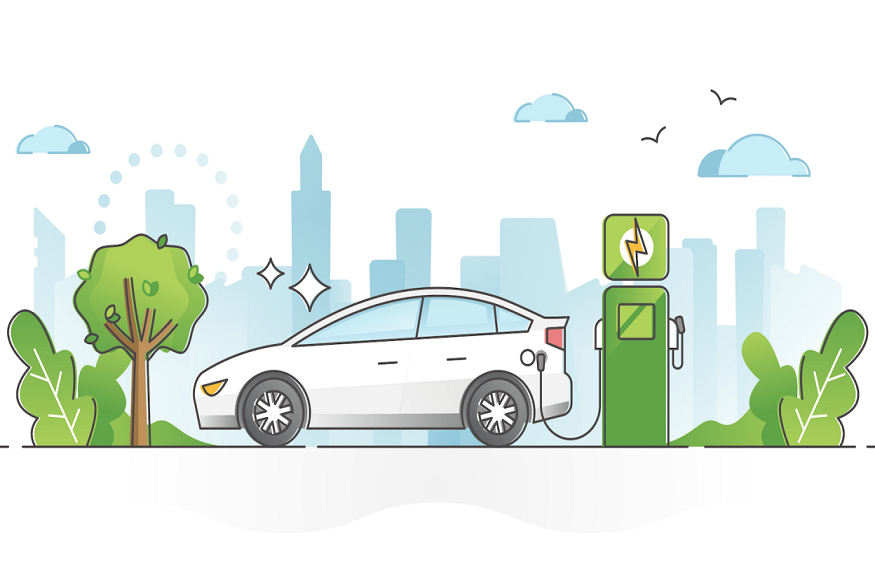Vs are inherently more energy-efficient than ICE vehicles. Electric motors can convert around 85-90% of the energy from the grid to power at the wheels, while ICE vehicles typically have an efficiency of only 20-30%. This efficiency reduces energy waste, making EVs a more sustainable choice. Additionally, the regenerative braking systems in EVs capture and store energy during braking, Electric vehicles (EVs) are revolutionizing the transportation landscape, spearheading a sustainable shift towards a cleaner and greener future. By challenging the dominance of internal combustion engines, EVs are driving change in how we perceive mobility, energy consumption, and environmental impact.
Ree Auto’s innovative technology can transform the way you perceive mobility. With their modular electric platforms, Ree Auto aims to revolutionize electric vehicle design and manufacturing, offering flexible solutions that can adapt to various vehicle types and purposes. Integrating crucial components like the drive, suspension, steering, and braking systems into the wheel arches can maximize interior space and efficiency, promising a new era of sustainable, customizable, and space-efficient electric vehicles.
Here are ways EVs are shaping the future of mobility:
Environmental Benefits
Electric vehicles (EVs) are instrumental in reducing the environmental impact of transportation. Unlike internal combustion engine (ICE) vehicles that emit harmful pollutants and greenhouse gases, EVs produce zero tailpipe emissions. This contributes to improved air quality and reduces the health risks associated with poor air conditions. By transitioning to EVs, we can significantly lower carbon dioxide emissions, a major driver of climate change, and work towards achieving international emissions reduction targets.
Energy Efficiency
Efurther enhancing their energy efficiency.
Technological Innovation
The widespread adoption of EVs is driving remarkable technological advancements. Battery technology is at the forefront of this innovation, with ongoing research focused on improving energy density, charging speed, and battery lifespan. Additionally, the EV revolution is accelerating the development of autonomous driving features, advanced infotainment systems, and connectivity options, creating a new era of smart and efficient mobility.
Energy Independence and Security
EVs reduce a nation’s dependence on imported fossil fuels, enhancing energy security. Countries can decrease their vulnerability to global oil price fluctuations and geopolitical tensions by transitioning to locally generated renewable energy sources for charging. This transition aligns with efforts to achieve greater energy self-sufficiency and reduce reliance on finite resources.
Urban Planning and Mobility
The rise of EVs is prompting a reimagining of urban spaces and transportation planning. Cities are investing in charging infrastructure, dedicating EV-only parking spaces, and implementing policies to incentivize EV adoption. Shared electric mobility services, such as electric ride-sharing and electric scooter rentals, transform urban mobility patterns, reducing traffic congestion and pollution in densely populated areas.
Economic Implications
The electric vehicle sector is reshaping economies by fostering new industries and opportunities. Traditional automakers are shifting their production lines to focus on EVs, while startups and tech companies are entering the electric mobility space. This transition can potentially create manufacturing, research and development jobs, charging infrastructure deployment, and renewable energy production.
In summary, electric vehicles are shaping the future of mobility through their environmental benefits, energy efficiency, technological innovation, energy independence, urban planning impacts, economic implications, and the challenges they present. As governments, industries, and consumers collaborate to address these challenges and embrace the opportunities, electric vehicles are poised to revolutionize our move, reducing our carbon footprint and creating more sustainable transportation systems.


